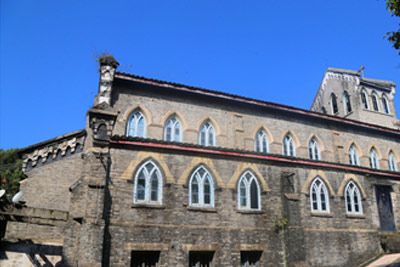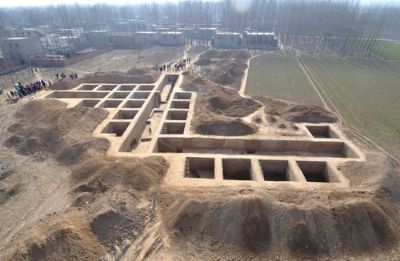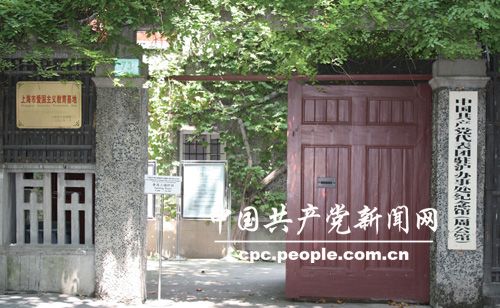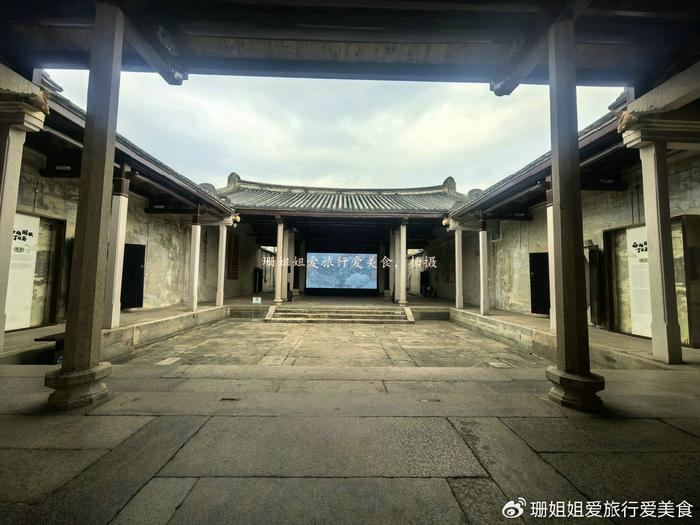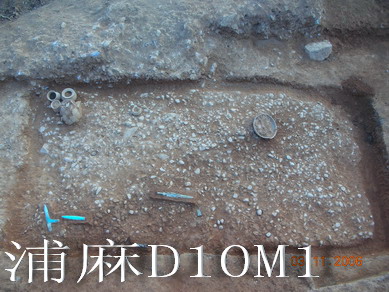Top 5 Reasons to Visit Suzhou Jusha Ta for an Unforgettable Experience
An Essential Guide to Visiting Suzhou Jusha Ta
In This Guide
- An Essential Guide to Visiting Suzhou Jusha Ta
- The Rich History of Suzhou Jusha Ta
- Main Highlights: What to See at Suzhou Jusha Ta
- Planning Your Visit: A Practical Guide
- Tickets, Hours, and Booking
- How to Get There
- Local Cuisine and Accommodation
- Frequently Asked Questions
- Final Thoughts on Your Trip
Nestled in the heart of Jiangsu province, Suzhou’s Jusha Ta (聚沙塔), also known as the Gathering Sands Pagoda, stands as a stunning testament to the region’s rich history and architectural elegance. This ancient structure, dating back to the Southern Song Dynasty, is not just a spiritual symbol but also a cultural treasure that encapsulates the essence of Mei Li Town. Surrounded by serene landscapes and the picturesque gardens of Jusha Yuan, the pagoda is an integral part of the local heritage, inviting travelers to step back in time.
Jusha Ta is famed for its unique architectural design, characterized by its narrow base and broader body, which reflects traditional Buddhist influences. With seven tiers and eight sides, the pagoda rises gracefully, often casting striking reflections upon the tranquil waters nearby. Visitors are greeted with a captivating view, as the pagoda’s silhouette mirrors itself in the lake, creating a breathtaking sight that enchants photographers and nature lovers alike.
Despite its historical significance and aesthetic appeal, the pagoda is not fully accessible to the public, with the upper levels remaining closed to visitors. Nonetheless, its rich backstory, coupled with the scenic beauty that surrounds it, makes Jusha Ta a must-visit landmark for anyone exploring the enchanting landscapes of Suzhou. As you wander through the lush gardens and admire the craftsmanship of this ancient tower, you will undoubtedly feel the whispers of history echoing through the air, urging you to delve deeper into the narratives of this remarkable place.
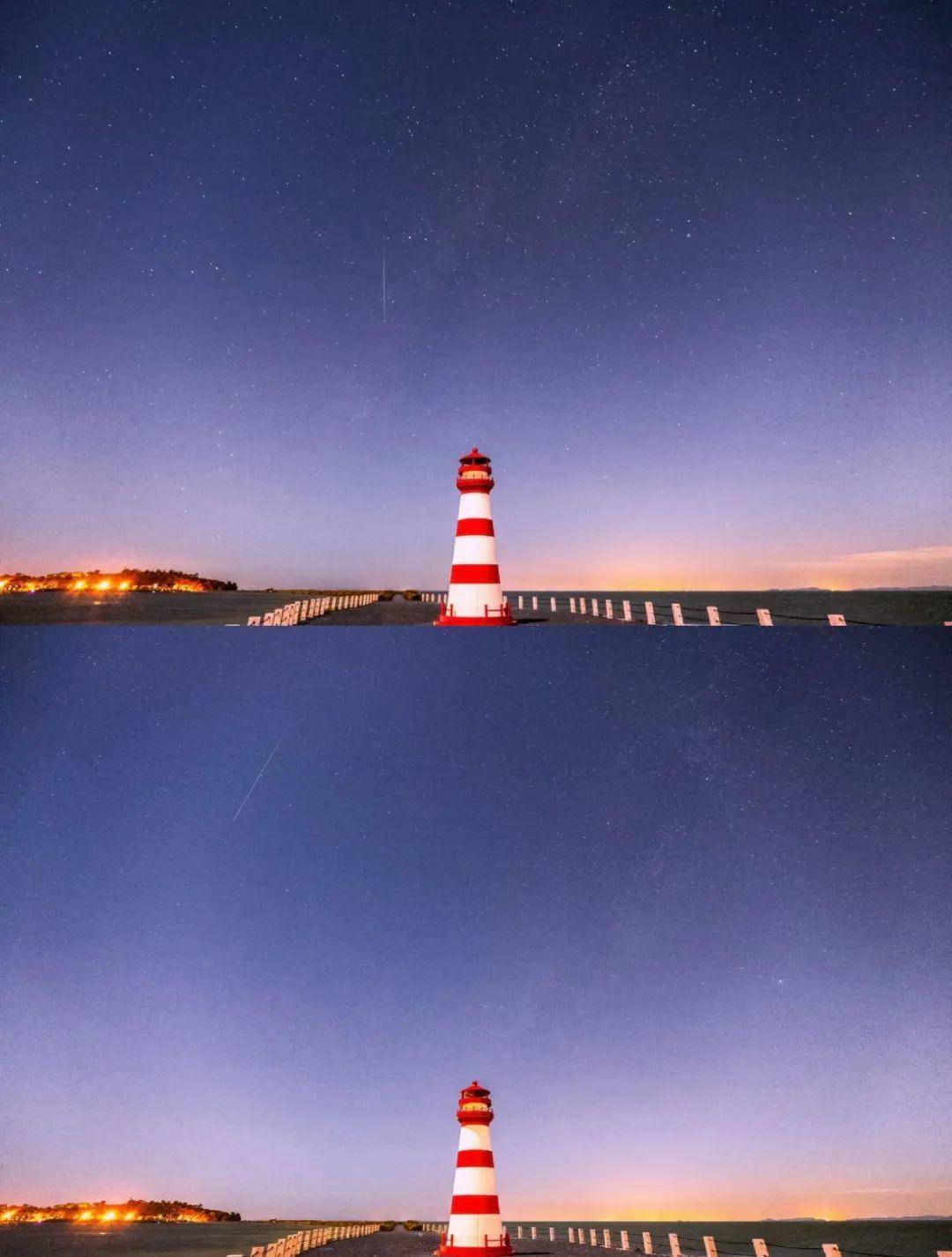
Suzhou Jusha Ta.
The Rich History of Suzhou Jusha Ta
The Jusha Tower, also known as the “Tower of Gathering Sand and Blessings,” is a historical landmark located in the ancient town of Meili, part of Changshu City in Jiangsu Province, China. Its construction dates back to the Southern Song Dynasty, specifically during the Shaoxing era (1131-1162 AD), making it a remarkable testament to the region’s rich history.
This octagonal, seven-tiered pagoda is distinct for its architectural style, featuring a narrow base that transitions into a broader body, a design that is unique to this particular structure in China. The tower stands as a symbol of resilience, having survived numerous alterations and restorations throughout the centuries. Notably, during the Ming Dynasty’s Chongzhen period, the tower underwent significant repairs, including the replacement of its roof.
In the Qing Dynasty, further renovations were carried out during the reigns of emperors Kangxi and Qianlong. However, over time, neglect took its toll, and by the mid-20th century, the Jusha Tower was leaning precariously to the northeast, with its top partially collapsed. Restoration efforts in 1997 aimed to preserve its historical essence while ensuring its structural integrity, and the tower was repainted to reflect its original grandeur.
What sets the Jusha Tower apart is not only its architectural significance but also the historical artifacts that surround it. The base of the tower holds remnants of its original construction materials, which are considered invaluable to historians and archaeologists. In addition, the tower is situated within the picturesque Jusha Garden, a designated 4A scenic area that attracts visitors with its natural beauty and cultural significance.
Visitors to the Jusha Tower can also explore the adjoining Fayun Hall, which displays models of famous pagodas from across China, allowing a deeper appreciation of the country’s architectural heritage. The area is adorned with calligraphic inscriptions and stone carvings, making it an enriching experience for those interested in Chinese history and culture.

Suzhou Jusha Ta.
Today, the Jusha Tower remains a cherished landmark, symbolizing the enduring spirit of the Meili community and serving as a reminder of the rich historical tapestry woven throughout Jiangsu Province. Its combination of architectural beauty and cultural heritage makes it a must-visit site for travelers seeking to connect with China’s past.
Main Highlights: What to See at Suzhou Jusha Ta
Suzhou’s Jusha Ta, also known as the “Tower of Gathering Sand,” is a remarkable historical landmark that captures the essence of ancient Chinese architecture and cultural significance. This ancient pagoda, located in Meili Town, is a testament to the region’s rich history, dating back to the Southern Song Dynasty. Here are some highlights that make Jusha Ta a must-visit destination:
-
Architectural Marvel: Jusha Ta is an octagonal, seven-tiered pagoda built primarily from blue bricks, showcasing the unique architectural style of Jiangnan. Its design is distinctive, with a narrower base and a wider upper section, embodying the traditional Buddhist “Xumi base” style.
-
Cultural Heritage: This pagoda serves not only as a historical artifact but also as a symbol of the local community’s resilience through centuries of change. Originally constructed during the Shaoxing period, Jusha Ta has undergone several renovations throughout its history, particularly during the Ming and Qing Dynasties, reflecting the architectural evolution of the region.
-
Stunning Views: Visitors can admire the beauty of Jusha Ta’s reflection in the serene waters of the surrounding park. Although the upper levels of the pagoda are not open to the public, the base offers a glimpse into its intricate construction and historical narrative.
-
Surrounding Gardens: The pagoda is situated within the Jusha Garden, a tranquil retreat that features beautifully landscaped areas, traditional pavilions, and exhibits of model pagodas from across China. The serene environment invites visitors to relax and contemplate the historical significance of the site.
-
Educational Experience: For those interested in Chinese culture and history, the site includes displays of calligraphy and stone carvings that provide insights into the philosophies of filial piety and love, central themes in Chinese culture.
-
Accessibility: Located just an hour from Suzhou, Jusha Ta is easily reachable for both day-trippers and those looking to immerse themselves in the beauty of Jiangnan’s ancient towns. The surrounding area also offers opportunities for further exploration, including other cultural and historical landmarks.
Visiting Jusha Ta is not just a journey into the past; it’s an experience that intertwines history, architecture, and nature, making it an enriching destination for travelers seeking to understand the depths of Chinese heritage.
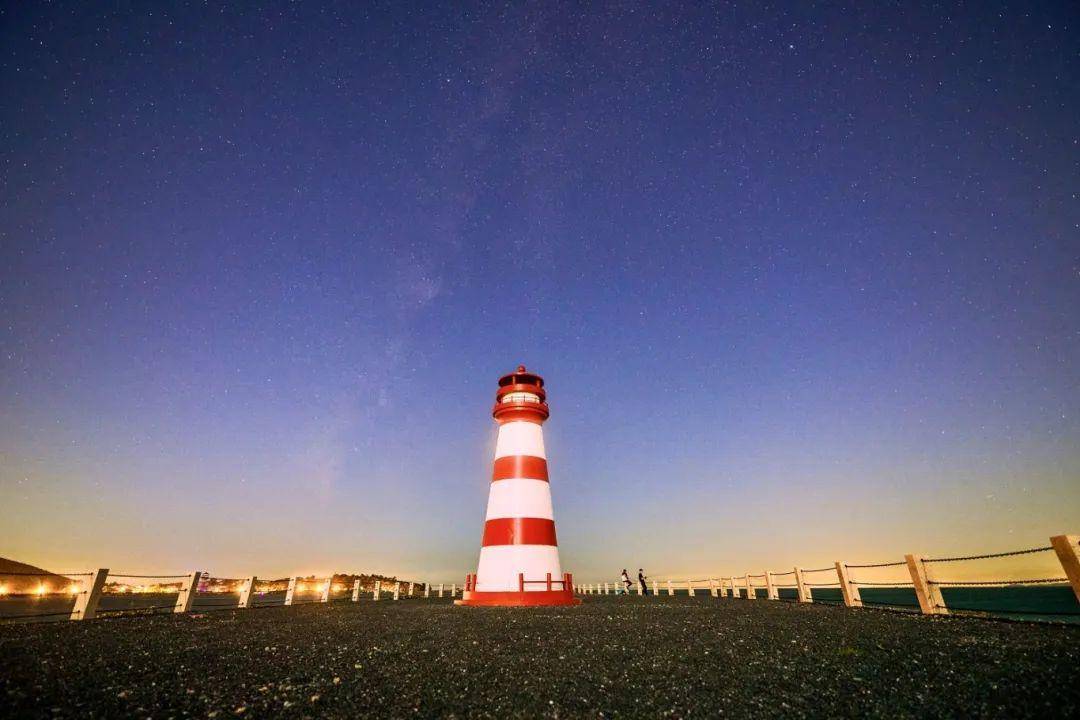
Suzhou Jusha Ta.
Planning Your Visit: A Practical Guide
When planning a visit to the iconic Jusha Ta (聚沙塔) in Suzhou, it’s essential to prepare adequately to ensure a smooth and enjoyable experience. Below is a comprehensive practical guide to help you navigate your visit to this historic site.
Getting There
Jusha Ta is located within the Jusha Garden in Meili Town, which is about 41 kilometers from Suzhou city center. The easiest way to reach the site is by car or taxi. If you’re using public transport, take a bus from Suzhou to Changshu, then transfer to a local bus heading to Meili. Ensure you check the latest bus schedules, as they can vary throughout the week.
Opening Hours
The tower and the surrounding garden typically open from 8:00 AM to 5:00 PM. However, it’s advisable to arrive earlier in the day to enjoy the peaceful surroundings and take photographs before the crowds arrive. Note that the tower’s upper levels are not open to visitors, so plan your visit accordingly.
Admission Fees
Entry to the Jusha Garden, which includes access to Jusha Ta, is reasonably priced. Always check for any updates on ticket prices, as they may change or offer discounts for students or seniors.
What to Expect
Jusha Ta, also known as the “Tower of Gathering Sands,” is a seven-tiered, octagonal pagoda known for its elegant architecture and historical significance. Built during the Southern Song Dynasty, it showcases unique architectural features that reflect the region’s cultural heritage. While you can admire the structure from the outside, the interior access is limited, so be prepared to enjoy the view from the base.
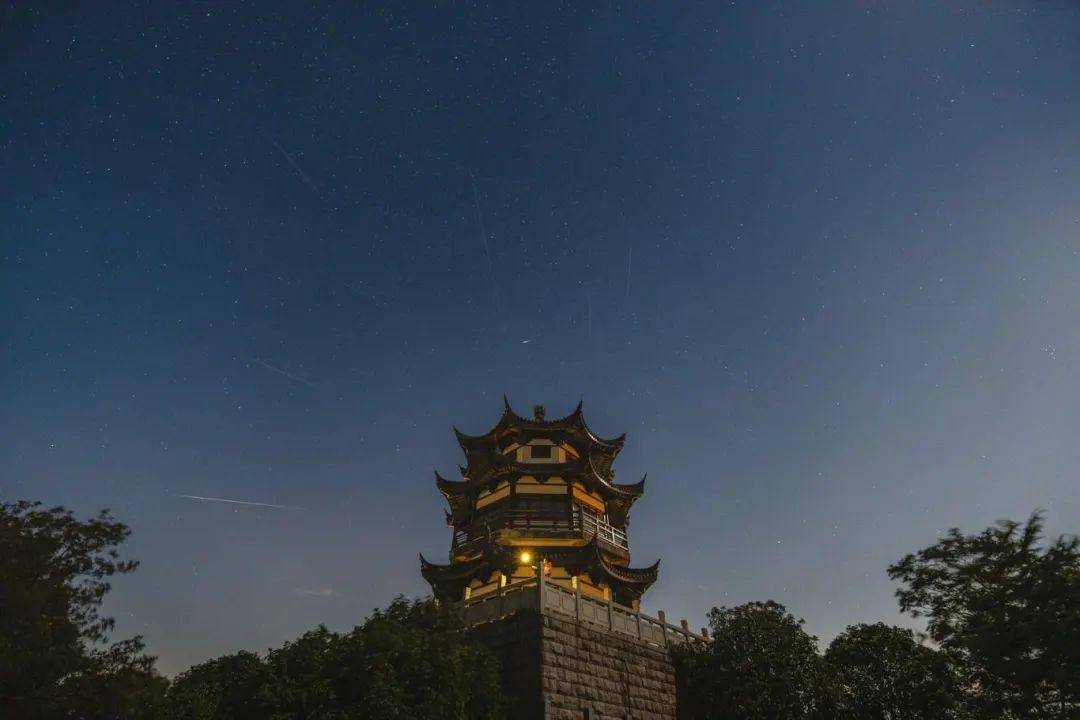
Suzhou Jusha Ta.
As you explore the area, take note of the beautiful reflections of the tower in the adjacent lake, which provides excellent photo opportunities. The surrounding Jusha Garden also offers serene pathways, ornamental ponds, and traditional pavilions, making it a perfect spot for leisurely walks and contemplation.
Nearby Attractions
After visiting Jusha Ta, consider exploring other nearby sites, such as:
– Meili Historical and Cultural Museum: A short walk from the garden, this museum provides insights into the local history and culture.
– Shanghu Scenic Area: A beautiful area known for its natural beauty, including lakes and mountains, ideal for hiking and outdoor activities.
Local Cuisine
Don’t miss the chance to sample local delicacies while in the area. Restaurants nearby often serve traditional Jiangnan cuisine, known for its fresh ingredients and subtle flavors. Look for specialties such as sweet and sour fish or bamboo shoots.
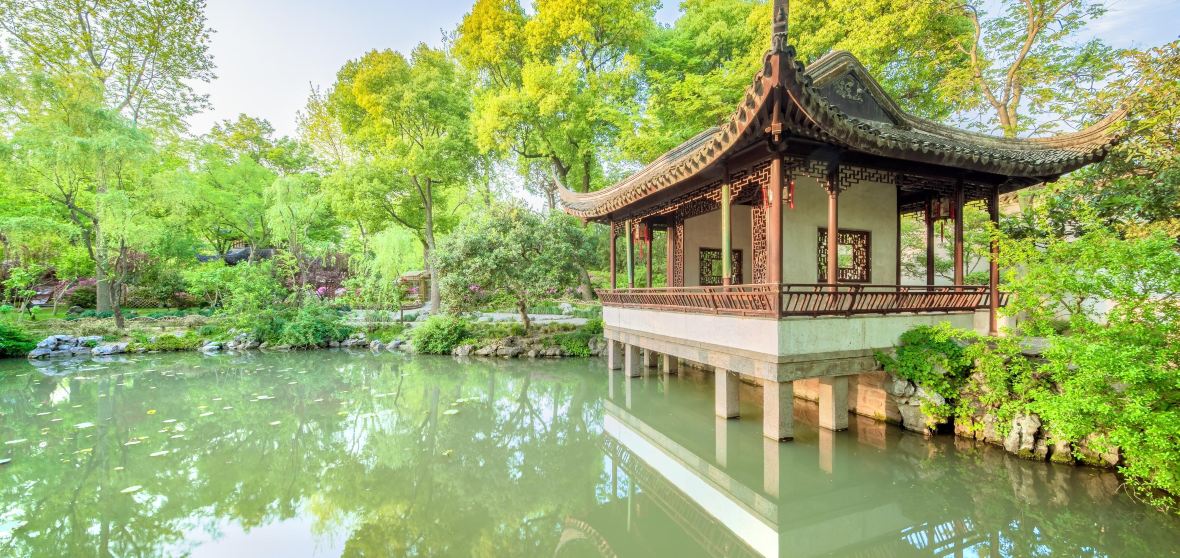
Suzhou Jusha Ta.
Tips for Your Visit
- Dress Comfortably: Wear comfortable shoes as you may be walking and standing a lot.
- Bring a Camera: The scenic views and architecture are highly photogenic, so be sure to capture your experience.
- Plan for the Weather: Check the weather forecast and dress accordingly. The region can be humid, especially in summer, so light clothing and hydration are key.
- Respect the Site: As a historical monument, it’s important to maintain a respectful demeanor, especially when in quieter areas of the garden.
With this guide, you’ll be well-equipped to enjoy your visit to Jusha Ta, soaking in both its beauty and history while exploring the enchanting surroundings of Meili Town.
Tickets, Hours, and Booking
When planning your visit to Suzhou Jusha Ta (聚沙塔), it’s essential to know the ticketing details to make your trip smooth and enjoyable. Situated in the picturesque Meili Town of Changshu, this ancient pagoda is a significant cultural landmark, often attracting history enthusiasts and tourists alike.
Ticket Information
-
Admission Fee: Entry to Jusha Ta is typically free, allowing visitors to explore the beautiful surroundings and admire the architectural marvel without any cost.
-
Opening Hours: The site generally operates from 8:00 AM to 5:00 PM. However, it is advisable to check for any seasonal changes in hours or special closures, especially during public holidays.
-
Guided Tours: While visiting the pagoda itself is free, guided tours can be arranged for a more in-depth understanding of its history and significance. These tours may come with a fee, so it’s best to inquire in advance if you’re interested.
-
Access and Transportation: Jusha Ta is conveniently located near various public transport options. Local buses frequently service the area, and taxis are also readily available for those preferring a direct route.
-
Nearby Attractions: After visiting Jusha Ta, consider exploring the beautiful Meili Garden and other historical sites in Changshu, which may have their own admission fees.

Suzhou Jusha Ta.
Make sure to plan your visit accordingly to fully enjoy the charm and history of Suzhou Jusha Ta!
How to Get There
When planning your visit to Jusha Ta (聚沙塔) in Suzhou, it’s essential to consider the various transportation options available to ensure a smooth journey to this historical site.
Getting to Jusha Ta
By Train
The nearest major railway station is in Suzhou, roughly 41 kilometers away from Jusha Ta. High-speed trains regularly run between major cities such as Shanghai, Nanjing, and Hangzhou to Suzhou. Once you arrive at the Suzhou station, you can take a local bus or taxi to reach Jusha Ta, which is situated in the Meili area of Changshu, a district of Suzhou.
By Bus
Changshu has a well-connected bus system that can get you to Meili and Jusha Ta. Buses from Changshu’s main bus station frequently travel to the Meili area, and the journey typically takes about 30 to 40 minutes. Be sure to check the schedules ahead of your trip, as times may vary.
By Taxi or Ride-Sharing
For a more direct route, consider taking a taxi or using a ride-sharing app. The ride from Suzhou city center to Jusha Ta usually takes around 50 minutes, depending on traffic conditions. This option is particularly convenient if you are traveling with family or in a group, as it allows for a comfortable and private journey straight to the site.
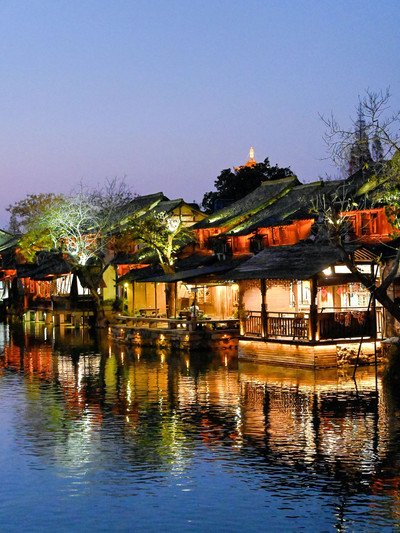
Suzhou Jusha Ta.
By Car
If you prefer to drive, renting a car can offer you the flexibility to explore the surrounding areas at your own pace. Jusha Ta is accessible via the G15 highway. There are parking facilities available near the site, making it easy to park and enjoy your visit.
Local Transportation
Once you arrive in the Meili area, navigating to Jusha Ta is straightforward. The site is within walking distance from the nearby Meili Jusha Garden (梅李聚沙园), which features a pleasant landscape and various amenities for visitors. Additionally, local taxis are available for short distances if you prefer not to walk.
Accessibility
Jusha Ta is situated in a scenic area with paths and gardens that may not be entirely suitable for those with mobility challenges. However, the main entrance is accessible, and staff members are generally helpful. If you anticipate needing assistance, it’s advisable to contact the site in advance.
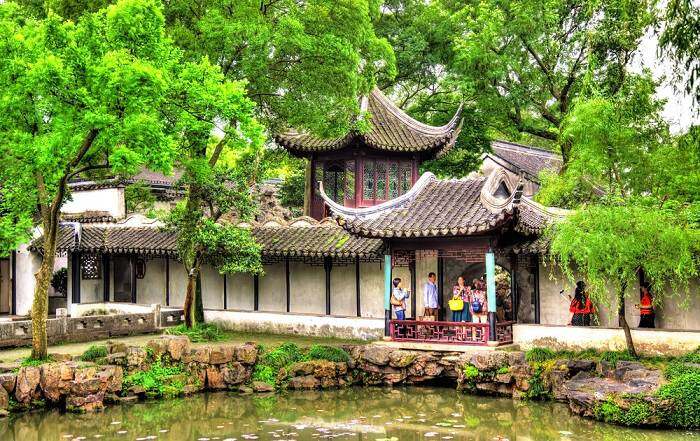
Suzhou Jusha Ta.
Conclusion
With various transportation options at your disposal, reaching Jusha Ta is convenient and hassle-free. Whether you opt for public transport, a taxi, or a rental car, your visit to this ancient tower will be well worth the journey. Plan your route ahead of time to make the most of your experience, and enjoy the rich history and stunning views that Jusha Ta has to offer.
Local Cuisine and Accommodation
When visiting the iconic Jusha Ta (聚沙塔) in Suzhou’s Meili area, you will find a delightful array of dining options and accommodations that enhance your travel experience.
Culinary Delights
The region surrounding Jusha Ta is rich in culinary experiences that showcase traditional Jiangnan flavors. Here are some noteworthy dining establishments:
-
Huilai Restaurant (汇来餐厅): Known for its authentic Suzhou cuisine, this restaurant offers a variety of local dishes such as sweet and savory dumplings, freshwater fish, and seasonal vegetables. The ambiance is cozy, making it a perfect spot for family meals.
-
Zhao Xian Sen 8090 Theme Restaurant (赵先森8090主题餐厅): A unique dining experience that blends nostalgia with modern Chinese cuisine. The decor is inspired by classic Chinese pop culture, and the menu features both traditional dishes and innovative twists.
-
Xinyue Noodle House (新月面铺): If you’re in the mood for something quick yet satisfying, this noodle house specializes in hand-pulled noodles served with a variety of broths and toppings. It’s a great choice for a casual meal.
-
Dongfan Seafood (东帆海鲜): For seafood enthusiasts, Dongfan offers an extensive selection of fresh catches prepared in various styles. The restaurant is known for its vibrant atmosphere and attentive service.
Accommodation Options
After a day of exploring the stunning scenery and rich history of Jusha Ta, you’ll want a comfortable place to rest. Here are some recommended accommodations near the area:
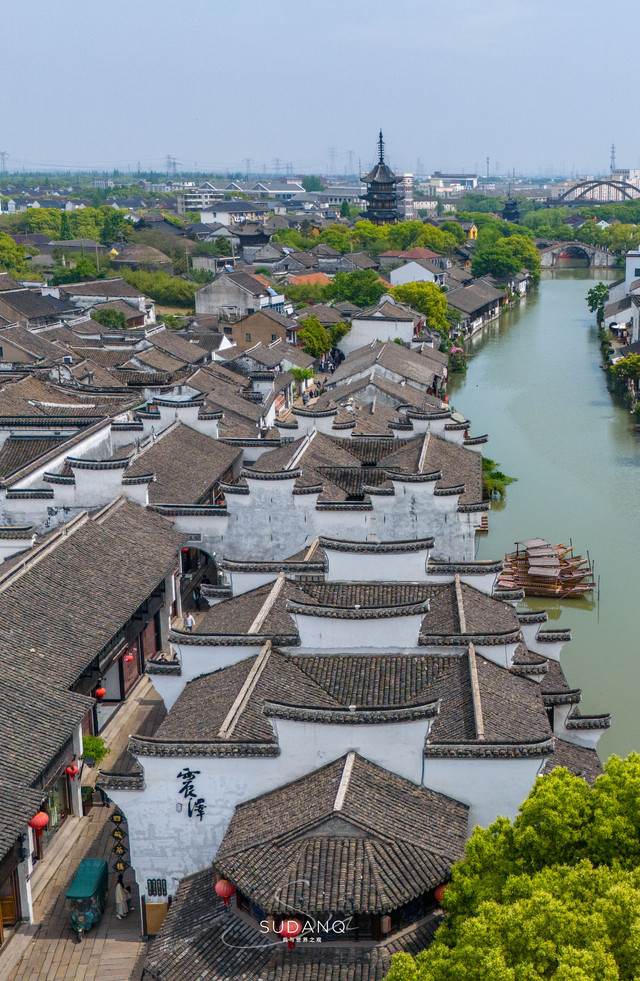
Suzhou Jusha Ta.
-
Changshu Carnival Hotel (常熟嘉年华酒店): This modern hotel features spacious rooms equipped with all necessary amenities. With its proximity to Jusha Ta and other attractions, it’s a convenient base for your explorations.
-
Yushan Hotel (虞山饭店): Offering a blend of traditional charm and modern comforts, this hotel is set against the backdrop of beautiful gardens. It’s perfect for travelers seeking a serene environment.
-
Jiuju Homestay (久住民宿): For a more intimate experience, consider this homestay option. It provides a cozy atmosphere with personalized service, allowing you to enjoy local hospitality.
-
Suyun Hotel (苏云酒店): This budget-friendly option is ideal for travelers looking to save while still enjoying a pleasant stay. The hotel offers basic amenities and is well-located for easy access to local attractions.
Whether you’re indulging in the culinary delights of the region or settling down in a welcoming hotel, your visit to Jusha Ta will be complemented by these excellent food and accommodation choices. Enjoy your journey through this enchanting part of Jiangnan!
Frequently Asked Questions
Frequently Asked Questions about Suzhou Jusha Ta (聚沙塔)
-
What is Suzhou Jusha Ta known for?
Jusha Ta, also known as the “Jusha Pagoda,” is a historic landmark located in the Meili area of Changshu, Jiangsu Province. Renowned for its unique architectural style and rich history, it was built during the Southern Song Dynasty and has been a symbol of the region for centuries. -
How do I get to Jusha Ta?
Jusha Ta is situated within Jusha Garden in Meili Town, Changshu. It is easily accessible by public transportation from Suzhou or Changshu city centers. Taxis and ride-sharing services are also convenient options for reaching the site. -
Is there an entrance fee to visit Jusha Ta?
Yes, there is a nominal entrance fee to access Jusha Garden, where Jusha Ta is located. The fee contributes to the maintenance of the site and its surrounding gardens. -
Can visitors climb the pagoda?
Unfortunately, visitors are not allowed to climb above the first floor of Jusha Ta. The upper levels are not open to the public for safety reasons, but you can still enjoy the stunning views of the pagoda and its reflection in the nearby lake. -
What are the opening hours of Jusha Ta?
Jusha Ta and Jusha Garden typically open around 8:00 AM and close at 5:00 PM. However, it’s advisable to check ahead for any changes in hours, especially during public holidays or special events. -
Are there any guided tours available?
Yes, guided tours can be arranged to provide visitors with in-depth historical context and insights about Jusha Ta and the surrounding area. Local tour companies often offer packages that include transportation and expert guides. -
What other attractions are nearby?
In addition to Jusha Ta, the Jusha Garden features picturesque landscapes, traditional architecture, and a cultural exhibition hall. Visitors can also explore the nearby Meili Historical Culture Museum for more insights into the area’s heritage. -
Is Jusha Ta suitable for families with children?
Absolutely! Jusha Ta and its garden offer a serene environment for families. The garden includes playground facilities for children, making it a great spot for family outings while enjoying the beauty and history of the site.

Suzhou Jusha Ta.
Final Thoughts on Your Trip
Visiting Suzhou’s Jusha Ta (聚沙塔) is more than just a stroll through history; it’s an immersive experience that intertwines culture, architecture, and the serene beauty of the Jiangnan landscape. This ancient pagoda, with its rich heritage dating back to the Southern Song Dynasty, stands as a testament to the region’s storied past and architectural ingenuity. Although access to the upper levels may be restricted, the captivating views of its elegant silhouette reflected in the surrounding waters and the picturesque gardens make the journey worthwhile.
As you wander through the lush landscapes of the Jusha Garden, take a moment to appreciate the intricate details of the pagoda’s design and the artistry of the surrounding features, which include stone carvings and tranquil water features. For history enthusiasts, art lovers, and casual travelers alike, Jusha Ta offers a glimpse into the enduring spirit of Suzhou’s culture.
Concluding your visit with a leisurely exploration of the nearby attractions will enrich your experience further, from the charming local eateries to the cultural exhibitions that celebrate the legacy of this remarkable region. Whether you’re reflecting on the stories of the past or simply enjoying the natural beauty, a trip to Jusha Ta promises to linger in your memory long after you leave. Embrace the tranquility, heritage, and beauty of this iconic landmark, and allow it to inspire your own journey through the enchanting landscapes of Jiangnan.

